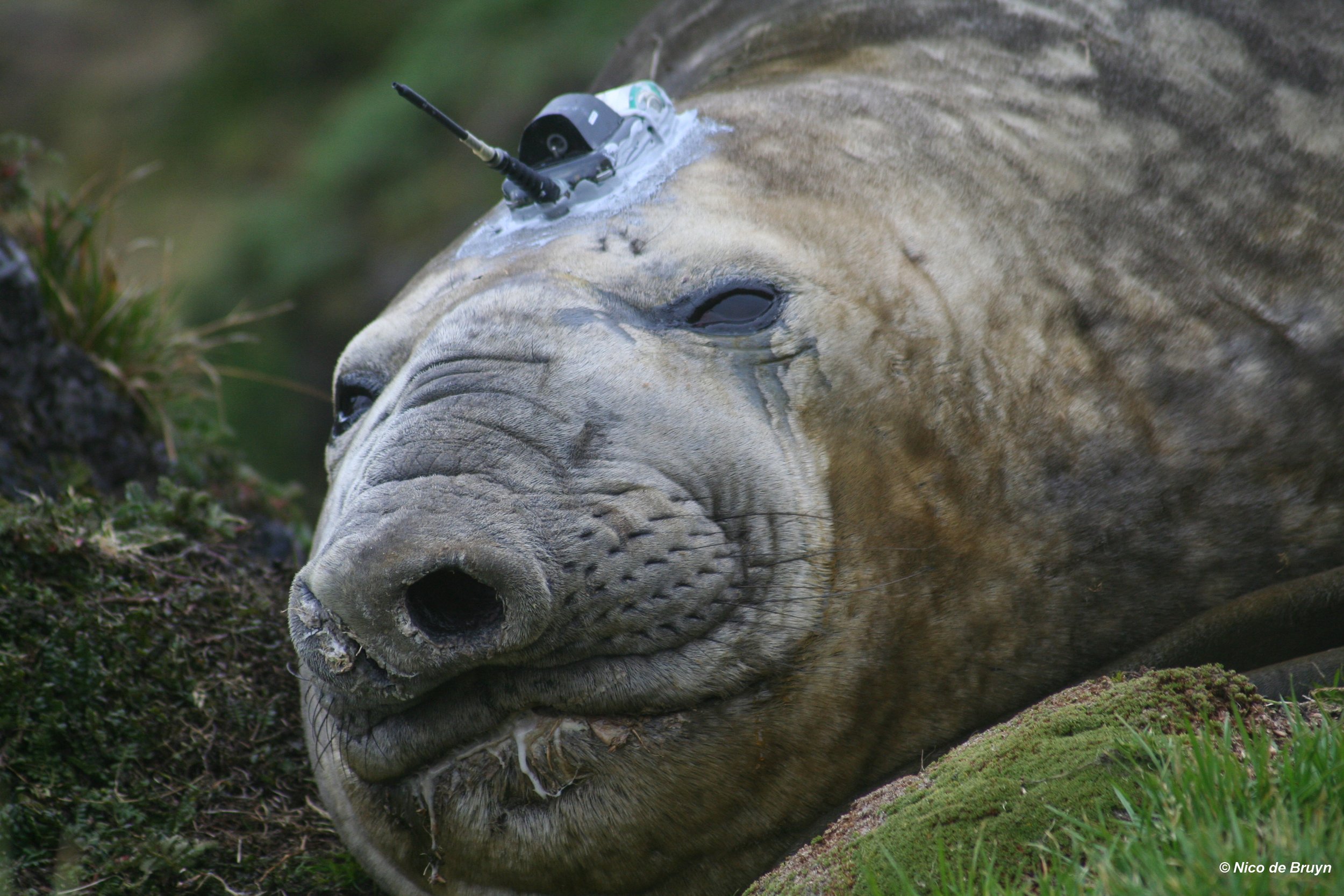MIMMP Postdoc, Dr Chris Oosthuizen, at King George Island
/Baby southern elephant seal in a snowstorm, King George Island, South Shetlands. Photo: Chris Oosthuizen
Chris Oosthuizen on expedition.
The fishery for krill (Euphausia superba) is the largest fishery in the Southern Ocean in terms of biomass removal. CCAMLR (the Commission for the Conservation of Antarctic Living Marine Resources) is responsible for managing the harvest of all Southern Ocean living resources, including krill. CCAMLR aims to ensure that harvesting is sustainable, not only for the harvested species such as krill, but also for dependent predator species such as whales, seals and penguins.
Presently, over 95% of krill fishing is conducted in the West Antarctic Peninsula and South Orkney Islands regions, and it is within this context that Chris Oosthuizen (current Marion Island Marine Mammal Programme postdoctoral researcher) finds himself at the South Shetlands Islands. Chris is working on a collaborative project which includes colleagues from the Norwegian Polar Institute, the Instituto Antártico Argentino and the University of Pretoria. Field work on southern elephant seals, Gentoo and Adélie penguins is now underway at Stranger Point near the Argentine Base Carlini on Isla 25 de Mayo/King George Island, at the tip of the Antarctic Peninsula.
The data on predator foraging behavior collected during this (and past) field season(s) assist CCAMLR in the development of spatially and temporally relevant feedback strategies for long-term management of the krill fishery, including the planning process for Marine Protected Areas (MPA’s).
Text: WC Oosthuizen




















